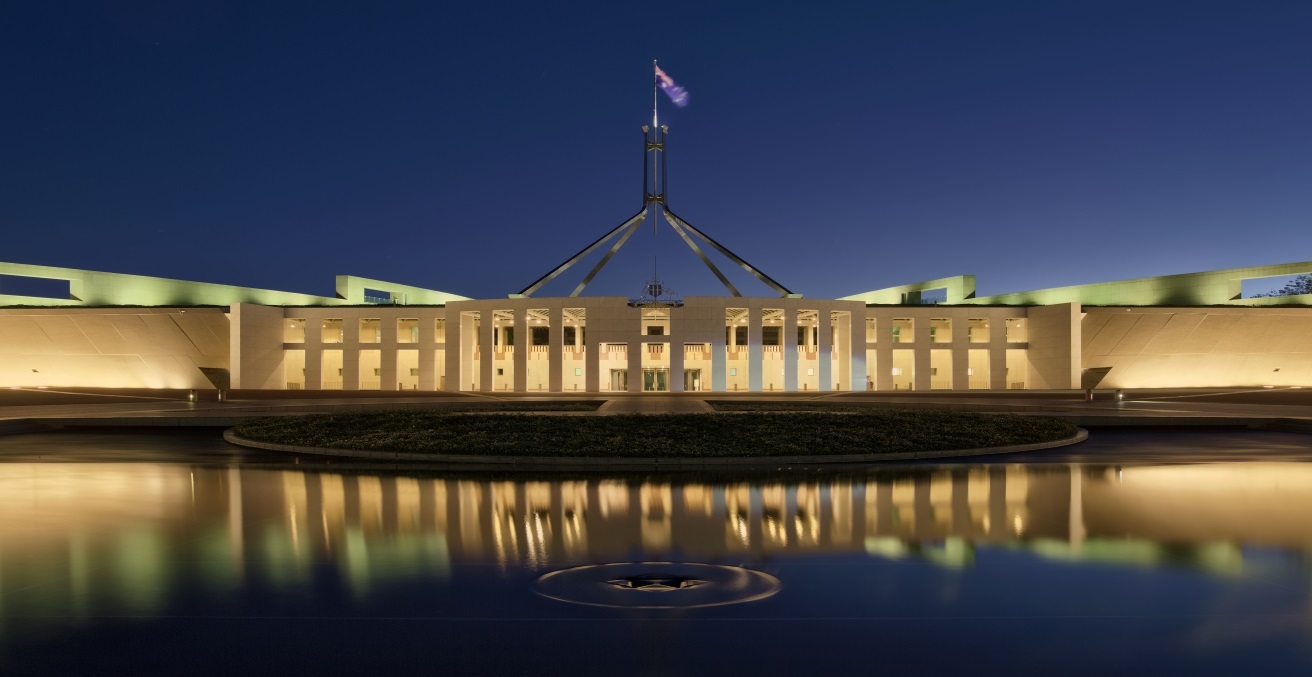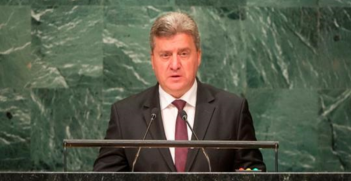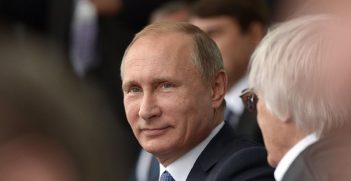5 April 2024: The Week in Australian Foreign Affairs

This week in Australian foreign affairs: China removes sanctions on Australian wine; Australia to produce military vehicles for Germany; statement on aid worker Zomi Frankcom killed in Gaza; Watts to visit Brussels for NATO foreign ministers meeting, and more.
In a joint media release with Minister For Foreign Affairs Penny Wong and Minister For Agriculture, Fisheries and Forestry Murray Watt, and Minister for Trade and Tourism, Special Minister of State, Don Farrell on 28 March, Prime Minister Anthony Albanese announced that the Australian Government has been notified that China will remove its duties on Australian bottled wine. Since 2020, “China’s duties on Australian wine effectively made it unviable for Australian producers to export bottled wine to that market.” At the time, Australia’s wine exports to China were worth AUD$1.1 billion. The statement notes that “the removal of duties means that Australia will discontinue its legal proceedings at the World Trade Organization.” While the government welcomed “this outcome, which comes at a critical time for the Australian wine industry,” the statement also remarked that the government would maintian a focus on trade diversification as “a key element of the Government’s trade policy strategy.”
In an opinion published with the Courier Mail on 2 April, Albanese announced Labor had “just landed the single largest defence export agreement in Australia’s history.” At Rheinmetall Defence Australia’s Military Vehicle Centre of Excellence at Redbank in Ipswich “more than 100 new Boxer heavy weapon carrier vehicles will be built for export and use by the German Army.” The landmark “export agreement, initiated by my government last year and now endorsed by the German parliament, is worth more than $1 billion for the Australian economy.” According to Minister for Defence Industry, and Minister for International Development and the Pacific Pat Conroy, “the first Boxer to be exported to Germany will be in 2026 and the contract will be complete by 2030.”
On 3 April, Albanese addressed questions on a Television interview about the death of Australian citizen and aid worker Zomi Frankcom in Gaza. The government has “contacted and spoken with the Israeli Government. And we expect full accountability for this tragedy.” Albanese expressed his dismay with the tragedy, but denied Australia would need to change its policy or posture towards the conflict without a full accounting from Israel. These remarks followed a statement from Foreign Minister Penny Wong on 2 April expressing the government’s “deepest sympathies to her family and loved ones,” noting further that the “Department of Foreign Affairs and Trade is providing consular assistance to her family in Australia.” Wong stated that the “death of any aid worker is outrageous and unacceptable.” The Australian Government condemned this strike and “has made representations to the Netanyahu Government and seeks a thorough and expeditious review.” Addressing questions on 3 April regarding Prime Minister Benjamin Netanyahu’s comments that unintentional harm to non-combatants “happens in war,” Wong replied that “international humanitarian law applies to Israel and that law protects civilians, and that law protects aid workers.” Wong noted that the expectation of the “the Australian Government is full accountability for these deaths.”
Deputy Prime Minister and Minister for Defence Richard Marles on 30 March released a statement on the return of United States Marines to the Northern Territory as part of the 13th rotation of Marine Rotational Force – Darwin (MRF-D). During the eight-month rotation, the Marines “will conduct combined training exercises across a number of scenarios with Australian Defence Force (ADF) personnel.” The first rotation began in 2012 and “has grown in size and complexity. Nations including Indonesia, Japan, Malaysia, the Philippines, Singapore, Thailand and Vietnam have either taken part in or observed MRF-D training.”
On 3 April, Assistant Minister for Foreign Affairs Tim Watts released a statement announcing his visit to Brussels for the NATO Foreign Ministers Meeting along with other partners from the Indo-Pacific. At the meeting, Watts “will discuss how Australia and NATO can strengthen our partnership to address these challenges and will advocate for our region’s strategic priorities.” “Australia has a long and deep relationship with NATO, based on shared commitment to upholding international rules and norms that promote stability, peace and prosperity.” The statement noted that Australia is pleased to celebrate NATO’s 75th year anniversary this year,” further noting that as events in both Europe and the Indo-Pacific can have a profound impact on global security, “Australia-NATO cooperation, underpinned by Australia’s status as a NATO Enhanced Opportunities Partner, remains critical in navigating global challenges.”
Dr Adam Bartley is the managing editor for AIIA’s Australian Outlook and weekly columnist for The Week in Australian Foreign Affairs. He is a former Fulbright Scholar and resident fellow at the Elliot School for International Affairs, the George Washington University. Adam also has positions as post-doctoral fellow at the Centre for Cyber Security Research and Innovation RMIT University and as program manager of the AI Trilateral Experts Group. He can be found on Twitter here.
This article is published under a Creative Commons License and may be republished with attribution.





